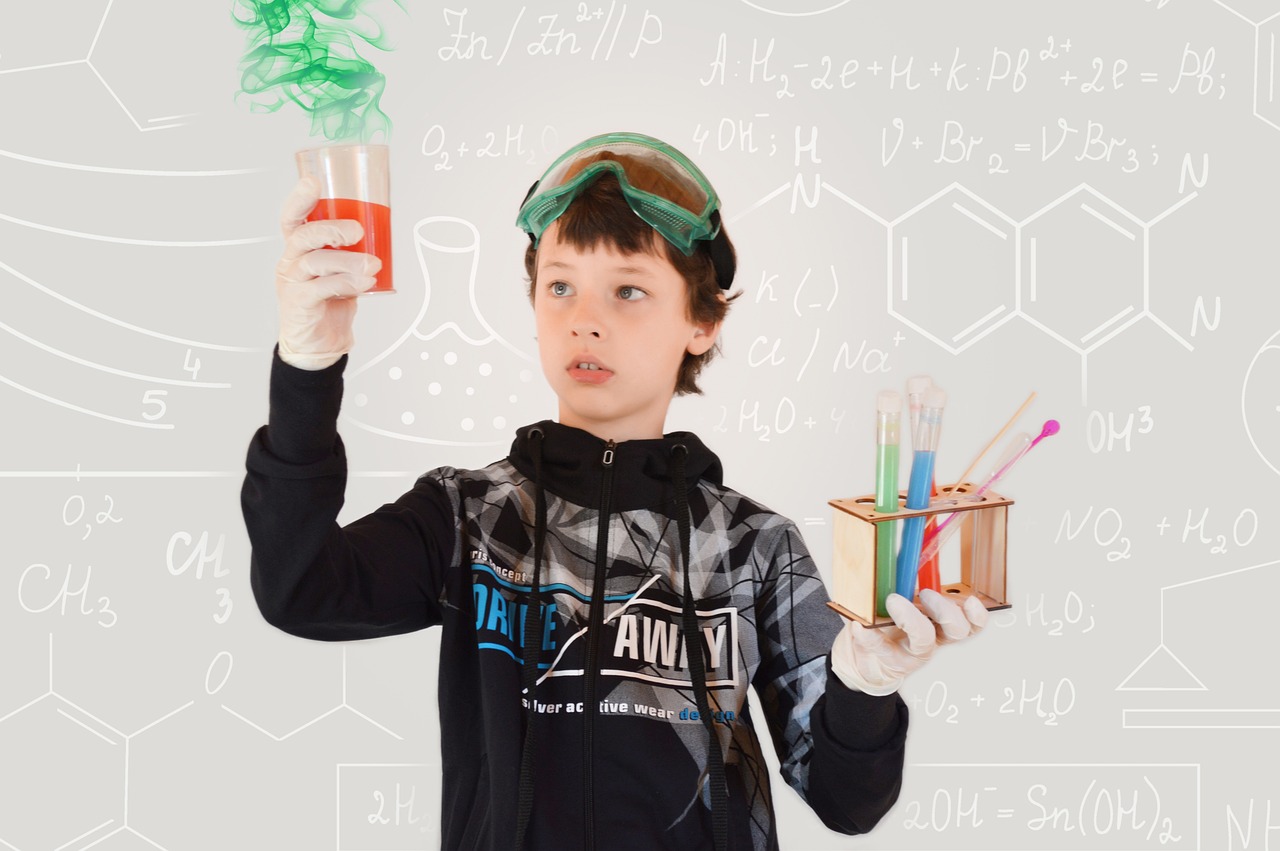Understanding the Benefits of Project-Based Learning in the Classroom
Project-Based Learning is an educational approach that focuses on students actively engaging in real-world projects to gain knowledge and skills. Instead of traditional lecture-based instruction, students collaborate on hands-on projects that require problem-solving, critical thinking, and creativity. By working on authentic tasks, students are able to apply their learning in meaningful ways and develop a deeper understanding of the content.
In Project-Based Learning, students are often given the freedom to explore topics that interest them and find solutions to complex problems. This approach not only fosters a sense of ownership and autonomy in learning but also encourages students to take risks, learn from failures, and persist in finding solutions. Through project-based work, students are better prepared to tackle challenges in the real world and develop essential skills such as communication, collaboration, and adaptability.
The Importance of Hands-On Experience
Hands-on experience plays a crucial role in the learning process, allowing individuals to apply theoretical knowledge in real-world scenarios. It provides a tangible connection between academic concepts and practical application, enabling a deeper understanding of complex subjects. By engaging in hands-on activities, learners are able to develop skills that are essential for success in various fields.
Furthermore, hands-on experience enhances retention and comprehension of information as it stimulates multiple senses such as touch, sight, and sound. This multi-sensory approach to learning has been proven to be more effective in fostering long-term memory compared to traditional passive learning methods. Moreover, hands-on experiences foster creativity and innovation by encouraging individuals to think outside the box and explore different solutions to problems.
• Hands-on experience allows individuals to apply theoretical knowledge in real-world scenarios
• It provides a tangible connection between academic concepts and practical application
• Helps develop essential skills for success in various fields
• Enhances retention and comprehension of information by stimulating multiple senses such as touch, sight, and sound
• More effective in fostering long-term memory compared to traditional passive learning methods
• Fosters creativity and innovation by encouraging individuals to think outside the box
Enhancing Critical Thinking Skills
Critical thinking is a crucial skill that is cultivated through various educational approaches. One effective method to enhance critical thinking skills is through project-based learning. This approach encourages students to investigate, analyze, and solve real-world problems independently. By engaging in hands-on projects, students are challenged to think critically, make informed decisions, and communicate their ideas effectively.
Project-based learning ignites a sense of curiosity and inquiry in students, pushing them to explore diverse perspectives and develop logical reasoning. Through actively participating in projects, students are able to hone their problem-solving abilities and enhance their decision-making skills. This immersive learning experience not only fosters critical thinking skills but also promotes creativity and innovation in academic settings.
What is project-based learning?
Project-based learning is a teaching method that involves students working on a project over an extended period of time. This approach allows students to explore real-world problems and challenges, leading to a deeper understanding of the subject matter.
How does hands-on experience benefit critical thinking skills?
Hands-on experience allows students to apply theoretical knowledge in practical situations, helping them develop problem-solving skills and critical thinking abilities. By engaging in hands-on activities, students can analyze, evaluate, and synthesize information to come up with creative solutions.
How can project-based learning help enhance critical thinking skills?
Project-based learning encourages students to think critically by requiring them to research, analyze data, and solve complex problems. Through hands-on projects, students develop their ability to think critically, make informed decisions, and communicate their ideas effectively.







